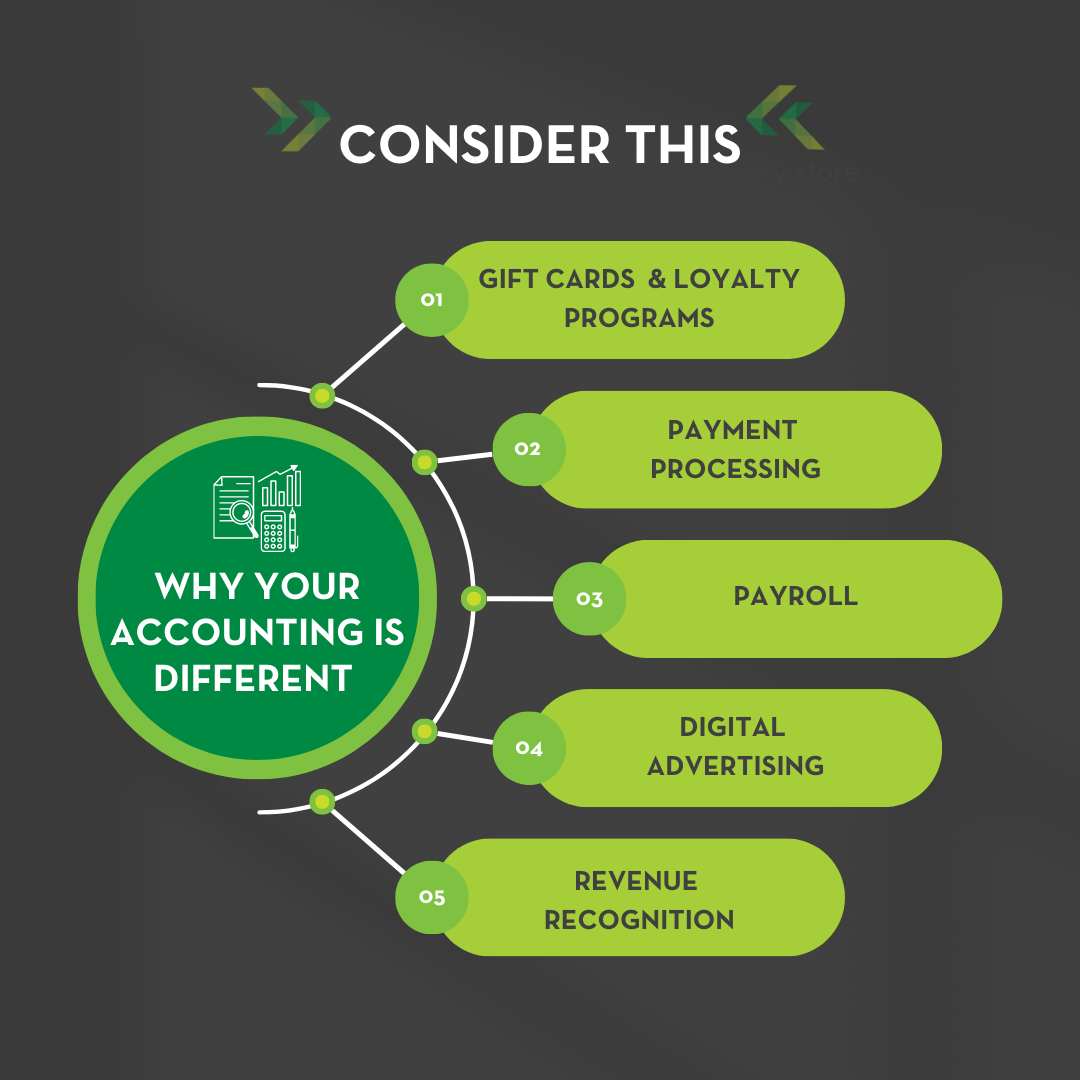Why E-Commerce Businesses Need Specialized Accounting
The digital age has transformed the way we live and work, and no one knows that better than founders and executives at e-commerce companies.
In the same way that you’ve transformed shopping, you deserve accounting that leverages what technology has to offer to transform your relationship with your company’s finances. Ultimately, you need an accountant who understands your unique industry.
Why? Let’s take a closer look.
You sell products or services online. That might sound simple, but you know it’s anything but. As you operate digital marketplaces where customers can purchase goods and services, you also rely on a network of internet technologies to manage your sales and distribution processes.
What you bring to the table sets you apart from brick-and-mortar retailers. You can operate with lower overhead costs, which translates into competitive pricing and a broader selection of products. You also provide customers with the convenience of shopping from anywhere with an internet connection, and you probably offer fast and reliable shipping options, too.
Optimize Your Sales and Improve Customer Engagement
To make all of this happen, your e-commerce company probably utilizes a variety of business models, including direct-to-consumer sales, third-party marketplace sales, and subscription-based services. You turn to data analytics and digital marketing techniques to optimize your sales processes and improve customer engagement. And you’ve hired for specialized roles like web developers, digital marketing specialists, and logistics coordinators to support your online sales and distribution processes.
All of this has ramifications for your accounting. If you’re out there trying to compete with e-commerce giants like Amazon, Alibaba, Shopify, Etsy, and Zappos, you need a team that understands your work and how to position your business to succeed.
The right accountant can make the difference
You already know that your e-commerce company operates in a dynamic and rapidly changing industry. You may not fully understand the resulting accounting considerations, nor should you have to. The right accountant will understand the key differences in your:
Sales tax
Managing sales tax compliance across multiple jurisdictions was already complex and time-consuming. But now, the recent U.S. Supreme Court ruling in South Dakota v. Wayfair, Inc. may require e-commerce companies to collect and remit sales tax in more states.
Inventory Management
To ensure customer satisfaction and minimize waste, you need to manage your inventory effectively. With those goals in mind, you may be using drop-shipping or third-party logistics (3PL) providers. If you are, you should know that they have unique accounting implications.
Shipping and Handling
Those costs — including freight, insurance, and delivery costs — need to be properly allocated to products in your accounting.
E-commerce companies need to consider:

Get an accountant who gets it
As you navigate your rapidly evolving industry, you need an accounting team that understands your world and what it means for your books and your bottom line. For help with everything from tax compliance to effective financial management, our team of e-commerce accounting specialists is here. Get in touch today.
Monthly Accounting Pricing
Quarterly
Starting at
- Reconcile Quickbooks Online (10 hours per Quarter)
- Cash-Based Bookkeeping
- Quarterly Video Review
- Chart of Accounts Template Provided
- Annual Meeting
Pre-Seed
Starting at
- Reconcile Quickbooks Online
Accrual Based Bookkeeping - Monthly Call
- Chart of Accounts Template Provide
A/P A/R Tracking By Client
Monthly
Starting at
- Reconcile Quickbooks Online
- Accrual Based Bookkeeping
- Monthly Call
- Customized Chart of Accounts
- Deferred Revenue Recognition
- A/P, A/R Tracking
- Inventory/COGS Reconciliation
- Financial Metrics
- Sales Tax Filings *
- Monthly Financials delivered by the 15th after month end
*up to one state included in sales tax
Series A & Beyond
Based On Your Needs
Custom Quote
(discount if billed annually)
- Reconcile Quickbooks Online
- Accrual Based Bookkeeping
- Monthly Calls and ongoing communication
- Customized Chart of Accounts
- Deferred Revenue Recognition
- A/P, A/R Tracking
- Inventory/COGS Reconciliation
- Board Financials and Metrics
- Sales Tax Filings
- Monthly Financials delivered based date requested
Additional Tax Services
State and local taxes (SALT)
Beyond the corporate taxes to which your company is subject, we also provide services for any state and local taxes that apply to your startup. For example, we work with many tech companies incorporated in Delaware and support them with their Delaware Annual Filings.
Cross-border taxes
If you work with international investors or you plan to expand abroad, our cross-border tax expertise can help you comply with the complex applicable tax regulations. We have experience working with companies that have connections in Lebanon, Canada, the UK, South America, and various EU nations.
Our Process
1
Step 1: Contact Us
Get in touch and we’ll reach out to you to schedule a video call to better understand your tech startups needs and prepare a custom quote.
2
Step 2: Onboarding
We’ll invite you to our secure client portal where you can use our easy to use onboarding checklist to get started. See general pricing guide here.
3
Step 3: Review
We schedule ongoing video calls with you to review your financials and ensure all of your tax compliance is taken care off.
If you’re ready to explore our tax services for tech startup C corporations, don’t hesitate to contact our team today.


